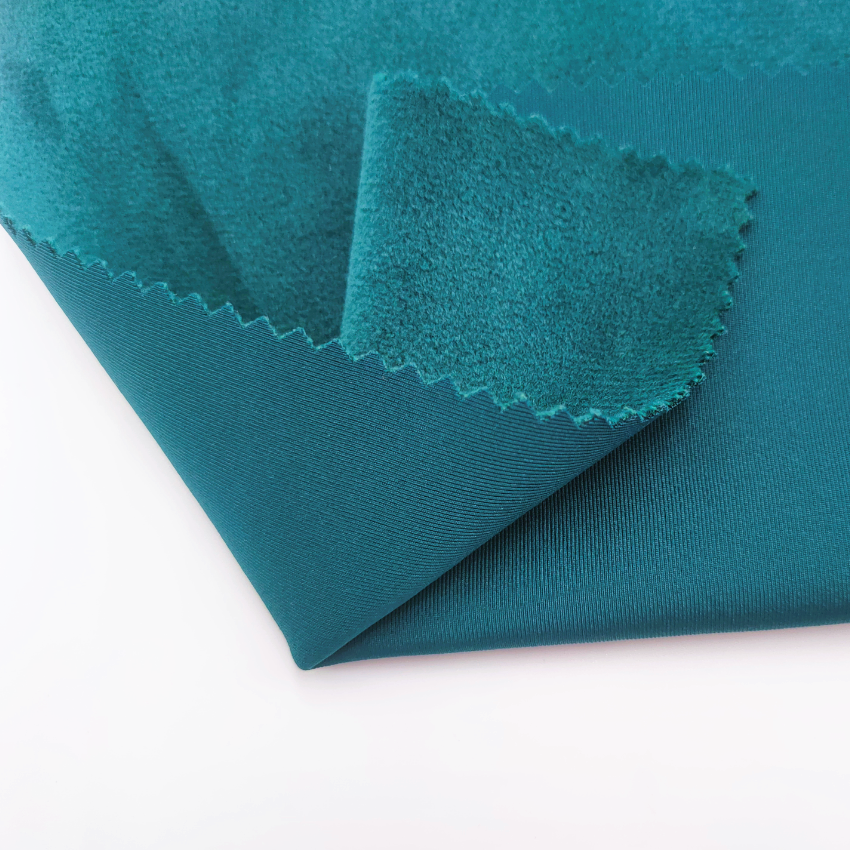“Polo fabric” generally refers to the material used in making polo shirts, and it is commonly made from various types of fibers such as cotton, polyester, or blends of different materials. The impact of polo fabric on pesticide use in agriculture depends on the specific fibers used and their sourcing.
Let’s explore how different types of polo fabric may contribute to the reduction of pesticide use:
- Organic Cotton Polo Fabric:
- If a polo shirt is made from organic cotton, it can contribute to the reduction of pesticide use. Organic cotton is grown without the use of synthetic pesticides and fertilizers. Instead, it relies on natural alternatives and practices such as crop rotation and companion planting to manage pests and maintain soil health.
- Conventional Cotton Polo Fabric:
- Conventional cotton, which is not certified as organic, is often associated with the use of pesticides. However, advancements in agricultural practices, including integrated pest management (IPM) and genetically modified (GM) cotton varieties, aim to reduce the overall dependence on chemical pesticides.
- Blended Fabrics:
- Polo shirts may be made from blends of different fibers, such as cotton and polyester. The sustainability of these blends depends on the sourcing of the materials. For example, recycled polyester reduces the demand for new raw materials, and organic cotton reduces reliance on synthetic pesticides.
- Recycled Polo Fabric:
- Polo fabric made from recycled materials, including recycled polyester or other recycled fibers, helps reduce the need for new raw materials and, in turn, decreases the environmental impact associated with pesticide use in agriculture.
- Bamboo Polo Fabric:
- Some polo shirts are made from bamboo fabric. Bamboo is known for its rapid growth and, in some cases, requires fewer pesticides than traditional crops. China Polo Fabric suppliers However, the environmental impact depends on the specific cultivation practices, as well as the processing methods used to turn bamboo into fabric.
- Lyocell/Tencel Polo Fabric:
- Lyocell or Tencel, made from sustainably sourced wood pulp, can contribute to reduced pesticide use if the wood comes from responsibly managed forests. The closed-loop production process of lyocell minimizes the environmental impact compared to some conventional fabric production methods.
To maximize the positive impact on reducing pesticide use, consumers can look for polo shirts made from organic cotton, recycled materials, or sustainable alternatives. Additionally, choosing products from brands that prioritize environmentally friendly sourcing and manufacturing practices can further support the reduction of pesticide use in agriculture.
